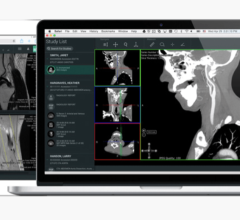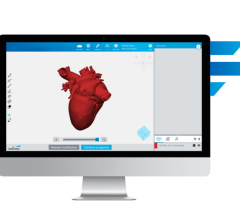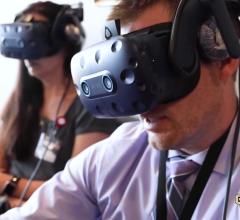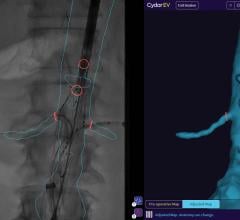Gene could unlock the mysteries of Alzheimer's
By Kathleen Fackelmann, USA TODAY
January 15, 2007 - An international team of gene hunters has homed in on a new gene that might play a key role in some cases of late-onset Alzheimer's, the most common form of this degenerative brain disease.
People who inherit certain variations in the gene, called SORL1, appear to have an increased risk of getting Alzheimer's after age 60, says researcher Richard Mayeux at the Columbia University Medical Center. Researchers in 1993 first identified a gene, ApoE4, that increases the risk of late-onset Alzheimer's, but years of combing through the human genome didn't produce another gene for this form of the disease — until now.
Mayeux, along with Lindsay Farrer, chief of the genetics program at Boston University School of Medicine and others, published the finding Sunday in the online edition of Nature Genetics. The results, if verified by others, could lead to a better understanding of how this disease destroys the brain and causes symptoms such as memory loss, Mayeux says.
The researchers studied the DNA from about 6,000 people — half had late-onset Alzheimer's and the rest were healthy people the same age. The team found that variations in the SORL1 gene were more common in people with Alzheimer's. "Our study says that changes in the SORL1 gene might be a cause of the disease," Mayeux says.
A SORL1 gene that doesn't work properly may lead to a heightened production of beta amyloid, a short, sticky protein thought to be a key player in Alzheimer's. When beta amyloid builds up, it can damage neurons, and that could cause the memory loss and other symptoms, Farrer says.
The team has located two broad regions of the SORL1 gene with alterations in the genetic code. Now they must go back and pinpoint the abnormalities in the coding that might lead to the disease.
"We are doing that now," Mayeux says.
If the finding is confirmed, researchers may one day develop a blood test that would identify at-risk people who have the abnormal gene, says Sam Gandy, a spokesman for the Chicago-based Alzheimer's Association. But the test would just offer a risk profile and couldn't predict who would actually get the disease, he says.
Late-onset Alzheimer's is not triggered by a single gene and is probably influenced by many factors, including lifestyle and diet, says Gandy, who is the director of the Farber Institute for Neurosciences at Thomas Jefferson University in Philadelphia.
Additional studies of the SORL1 gene might offer clues about the buildup of the toxic beta amyloid in the brain, Farrer says. And those clues might lead to the development of drugs that might fix the abnormality in SORL1 and thus slow or prevent the disease, he adds.

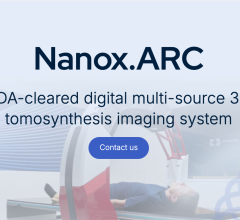
 April 18, 2025
April 18, 2025 


